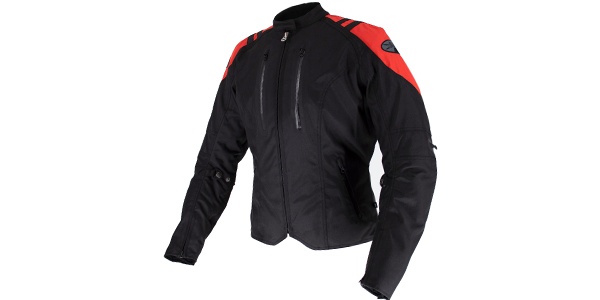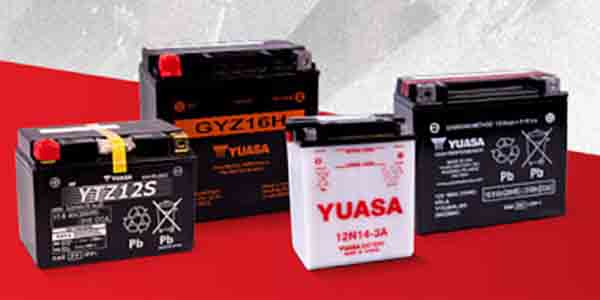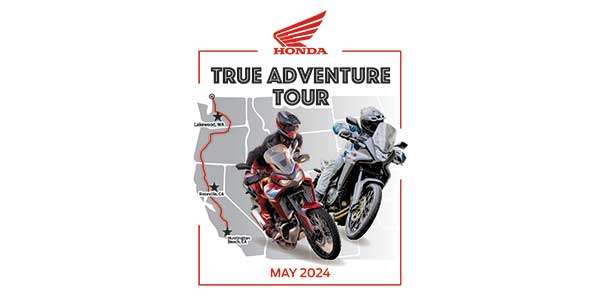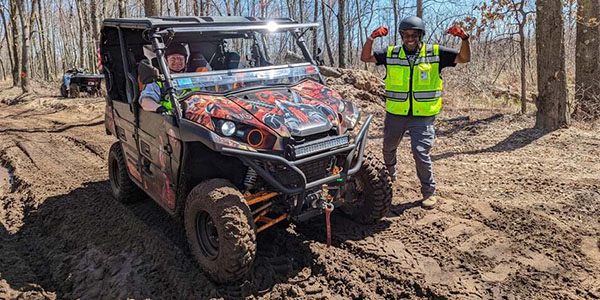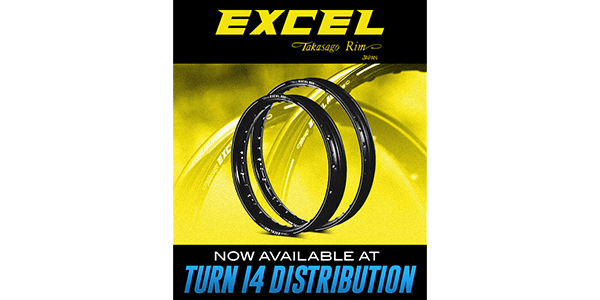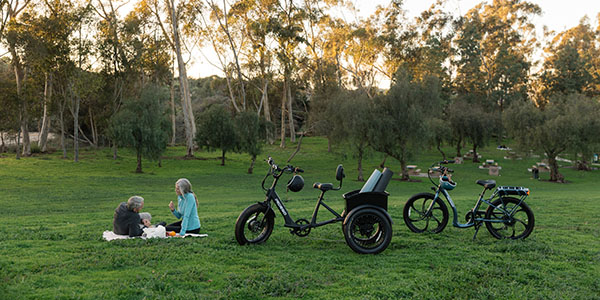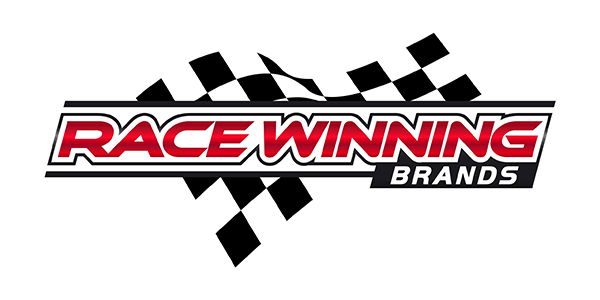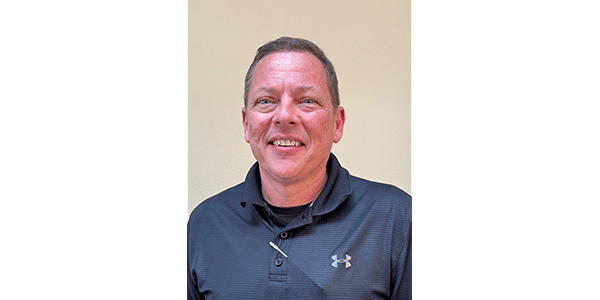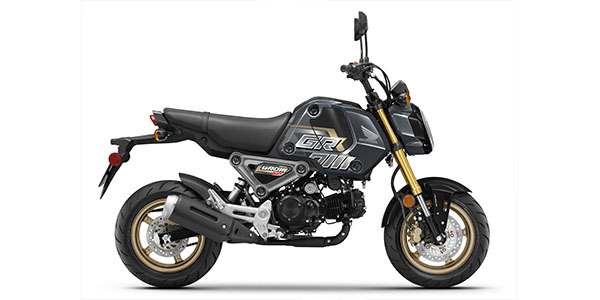Quick, what’s worse than a politician, a lawyer or even an ad sales rep? If you guessed a car salesperson … you’re right! At least according to a 2004 Gallop poll of ethical professions — car salespeople ranked dead last in terms of ethics.
Are there good and ethical car salespeople? Sure. But that’s not the perception in the general public. As John Wyckoff used to say, "I don’t make the rules; I just tell you how the game gets played."
Is the negative image of the fast-talking underhanded car salesperson perpetrated by the media? Yep. Unscrupulous car salespeople have been portrayed in movies from Fargo to popular television shows like The Simpsons and Seinfeld. Not afraid of a little fiction? Then you may be interested in the negative portrayals on Dateline, 60 Minutes and even Readers Digest!
If all the print and television evidence isn’t enough to convince you of the despicable car salesperson stereotype, all you need to do is tune your radio into advice givers and consumer advocates like Clark Howard and Dave Ramsey to hear car salespeople take their fair share of hits like, "It’s not a lease, it’s a fleece," or in a car dealership the finance manager is the "lie-nance manager."
Is this image well earned? Well … yeah. Some auto practices are awful.
The U.S. auto industry dwarfs the motorcycle business (some estimates say the U.S. car guys garnered $684 billion versus $23.3 billion motorcycle industry dollars in 2006). How is the motorcycle industry at risk? Well sometimes bad actors will find their way to our business. How? Any number of ways:
- A car dealer may buy one or more motorcycle dealerships and cross-pollinate.
- Motorcycle dealers may seek employees from the auto industry. I’ve heard a motorcycle dealer principal say, "The only difference is two wheels." Frightening!
- An ex-car person may be seeking "safe" haven.
But the greatest risk for our industry is falling prey to the business practices that earn this negative reputation. Although the old "throw their keys on the roof" or "lost drivers license" routine have been fairly well relegated to the history books, what follows is a partial list of tactics which could taint the motorcycle business.
Although far from the ultimate, comprehensive list, here are a few practices you should avoid:
Bait And Switch
Although not intended as legal advice (stated to mollify the MPN attorneys), it is important to avoid what is known as "Bait and Switch." Described by the Federal Trade Commission (FTC) as "An alluring but insincere offer to sell a product or service which the advertising in truth does not intend or want to sell." Its purpose is to switch consumers from buying the advertised merchandise in order to sell something else, usually at a higher price or on a basis more advantageous to the advertiser.
Additionally, the FTC states you should not engage in, "… the disparagement by acts or words of the advertised product or the disparagement of the guarantee, credit terms, availability of service, repairs or parts, in any other respect in connection with the advertised product."You’re not even supposed to create compensation plans that, "penalizing … prevent … or discourage" the sale of the advertised product for something else.
Lawsuits claiming "Bait And Switch" in the car business are, unfortunately, fairly common. Some car dealerships have raised "bait and switch" to an art form, but you shouldn’t. You can check with your attorney and make sure your dealership’s advertising, sales and promotional plans avoid this practice.
Pricing Games
There is a great scene in the Seinfeld episode called "The Dealership" where Jerry has gone to a car dealership to purchase a new Saab 900. He’s gone to this particular dealership because Elaine is dating David Putty, so Jerry thinks he’s going to get the "insider’s deal."
During what seemed like the execution of a perfect plan, Elaine has a fight with Putty in the salesman’s-only copier room and Jerry’s insider deal gets run over. When doing the final paperwork, Putty slips in "all we need is a few signatures, and we’ll get that yellow car ready to go."
"Yellow?" Jerry says incredulously, "I wanted black."
Putty replies coolly, "I can’t get you black at that price."
Nothing is as off-putting to customers than price manipulation. If it seems as if you are playing a never-ending game of three-card Monte between the trade value, the price of the bike and the financing rate, down payment or other variable, customers will become frustrated.
I’m also not a fan of taking ’em up to take ’em down. Artificial price inflation for the sole purpose of offering a "shadow" discount really reflects a contemptuous relationship between customer and dealership. I prefer MSRP pricing instead. It’s defendable, fair and typically earns a high enough gross margin to support your business.
As a business you must decide your pricing strategy. I would certainly never suggest you get together with other dealers to set prices (this could be considered collusion).
Your pricing policy and practice can greatly impact how you are perceived in the market place.
Exorbitant Doc Fees
Documentation fees are those fees paid to the dealer for the acquisition and execution of vehicle registration documents and the like. In many states document fees are capped. And of course when in fact they are, you must follow your state’s guidelines.
However in some states there is no cap. In states where document fees are not capped, I believe charging reasonable doc fees is a fine business practice. What’s reasonable? Well that’s a subjective question, but I think most markets would support $50, $75 or even $100 doc fee. I would pay even more!
We purchased our 2007 V-Rod in Baltimore, Maryland, but we live in Milwaukee, Wisconsin. We had to register the vehicle in person at the Wisconsin DMV (as an aside for you governmental-conspiracy types, all you have to do is spend some time at your local DMV to disabuse you of the notion that our government is anywhere near capable of such subterfuge).
While standing in an interminable line I commented to my wife Amy, "I would have gladly paid someone $150 to do this for me." She agreed. I think unreasonable and unjustifiable doc fees are infiltrating our market. We’ve seen $599, $699 and even $799 creeping into the motorcycle business. Although I’m not an attorney, it sounds to me as if on this point, some states attorneys general would be able to make a case for "unjust enrichment" … but that’s just me.
Sometimes business is tough. But there are no shortcuts and trying to make up large gains by creating what some would call inflated, non-value added fees may make you money in the short term, but in the long term it will hurt you and the industry’s reputation.
Credit Bureau Misuse
When used appropriately, dealerships may obtain and use credit bureaus to help expedite sales processes, structure deals, negotiate with lenders and conduct secondary customer ID verification. All well and good.
Other situations may occur where consumer credit bureaus are used improperly by dealerships. Such situations may at best create a negative impression with consumers, and at worse, may expose the dealership to possible regulatory violations. Here are a couple of common examples:
- Refusing to show a motorcycle without running a credit bureau.
This in my opinion is a high pressure tactic that is used as a policy ploy to supplant lack of sales skills.
"But Mark (you say), I don’t want to spend two to three hours with someone who doesn’t have the ability to buy!"
In sales you need to have enough control over language and your sales process and be astute enough to avoid making this a standard practice. How can you find out about a person’s ability to buy without resorting to the high pressure tactic of "I can’t show you the vehicle until we check your credit?"
Simply start the conversation by saying something like, "Day off?" or "Are you on your way home from work?" You will find out very quickly about the customers current employment. Savvy salespeople aren’t rude to unqualified customers, at the same time they don’t become successful salespeople by spending inordinate amounts of time with people who can’t buy!
- Running credit reports without permission.
Customers should understand that you are running their credit, and they should have signed documentation acknowledging they are giving you permission to do so. It is simply put the law. There is a little component of running credit called "permissible purpose" which means in layman’s terms that the customer has expressed intent to purchase a vehicle from you, and they have given you permission to run their credit.
Few things can create a negative impression in the market place like obtaining non-public personal information from your customer and running their credit without permission.
Okay, so some of you have already begun composing your hate mail. That’s fine. There are others who are thinking, "Thank goodness someone finally said it." We are far from finished. Next month we’ll cover threats, hidden charges, falsifying documentation and more. But keep in mind that this is not a rant against everyone who has come from the car business. Rather it’s a rant at adopting some of the more unscrupulous practices and ultimately earning the negative car business image.
The motorcycle can be an asylum (please read, peaceful place to reside from the hectic maelstrom that is post-modern life, not medical facility). Let’s keep it that way!

